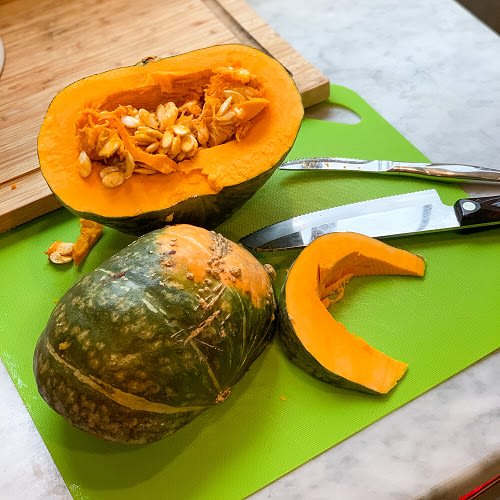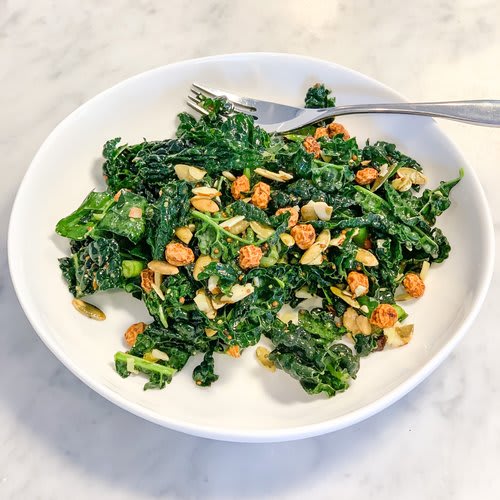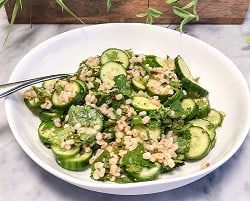By Katherine Takayasu, MD, MBA, Center for Integrative Medicine & Wellness

- Vitamin B6: One of the easiest treatments for nausea is Vitamin B6, pyridoxine, because you can buy it any pharmacy. There’s likely some B6 in your prenatal vitamin, but higher doses are needed for nausea. Dr. Katie recommends 25mg two to three times a day with each meal. Take as long as needed, then stop. While B vitamins are water soluble and excess amounts generally eliminated from the body in our urine, there’s no reason to continue B6 after nausea improves in the second trimester (and it just makes your pee expensive!)
- Ginger: One of Dr. Katie’s favorite supplements is ginger, which has been studied extensively at relieving first-trimester nausea. It’s also helpful for upset tummies, whether you’re pregnant or not. Dr. Katie recommends trying a homemade ginger tea, which is as simple as taking a small knob of peeled ginger root and boiling it in water for 10-15 minutes, then straining. This spicy tea is delicious! If you’re short on time, try a ginger tea by the brand Traditional Medicinals. If you have more serious nausea, take ginger in supplement form. Dr. Katie recommends 500mg two or three times a day with meals.
- Acupuncture: the Traditional Chinese Medicine (TCM) art of acupuncture is extraordinary at helping to move your energy, called “Qi” (pronounced “chee.”) In TCM, nausea is a sign of “rebellious” Qi, so using special acupuncture points can move energy down and out through the body, which controls nausea (and also helps with constipation!). Acupuncture builds with time and successive sessions, so one treatment is likely not enough. Dr. Katie recommends acupuncture once or twice weekly for four to six sessions with an experienced practitioner to notice an impact.
- Wrist bands: acupressure is pressure applied to points on Traditional Chinese Medicine acupuncture meridians. One of the best-known nausea points is Pericardium 6 (PC6), located about three finger-widths above the inner wrist crease. You can find acupressure bands at your local pharmacy by looking in the prenatal or motion-sickness area. One popular brand is Sea-Band.
- Doxylamine: using an over-the-counter anti-histamine like Doxylamine (Unisom) can work wonders for nausea, but it can leave you feeling a little tired if used during the day. Combined with first-trimester fatigue, this can be hard to tolerate! Dr. Katie recommends trying 25mg of Doxylamine at night before bed.
- Small frequent meals: one key to first-trimester nausea is keeping meals light and small and eating frequently throughout the day. Even though it might be hard to get that first bite in, try eating a light snack the next time nausea strikes. Consider an apple, carrot sticks or some whole grain cereal like oatmeal. Saltines can work in a pinch!
- Be mindful, the end of nausea is in sight: Morning sickness generally doesn’t last beyond the first trimester. Most women notice an improvement by 14 weeks gestation, at which time you enter the “honeymoon” of the second trimester where you feel great. If your nausea continues past that point, or if your nausea is severe enough that you are repeatedly vomiting, see your health care team as soon as possible, as this could be a sign that you need more intensive treatment.
As with all of Dr. Katie’s advice, please consult your doctor or health care team to discuss whether these strategies will be effective for you.
Katherine Wehri Takayasu, M.D., M.B.A. practices Integrative Medicine combining traditional Western medicine with evidence-based complementary modalities at Stamford Hospital in Connecticut. She helps patients heal naturally with acupuncture, mind-body medicine, botanical medicine, nutrition, and lifestyle optimization. She is an Assistant Professor of Clinical Medicine at Columbia University/New York Presbyterian and teaches the next generation of doctors about healing the whole patient mind, body, and spirit. For her own wellbeing, Dr. Katie practices what she preaches. She engages in yoga and meditation regularly and enjoys experimenting with plant-based cuisine in the kitchen.
Featured Expert/ Author



















